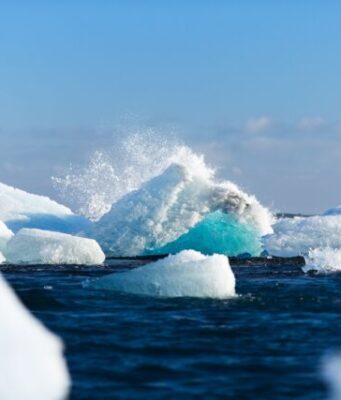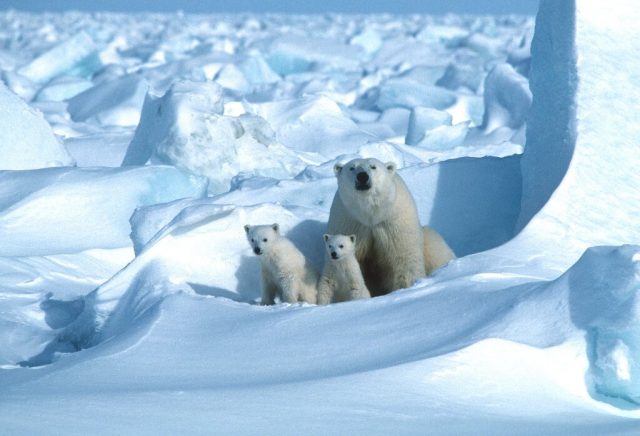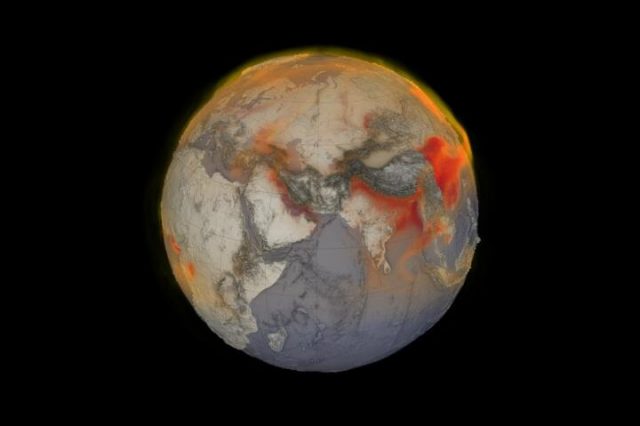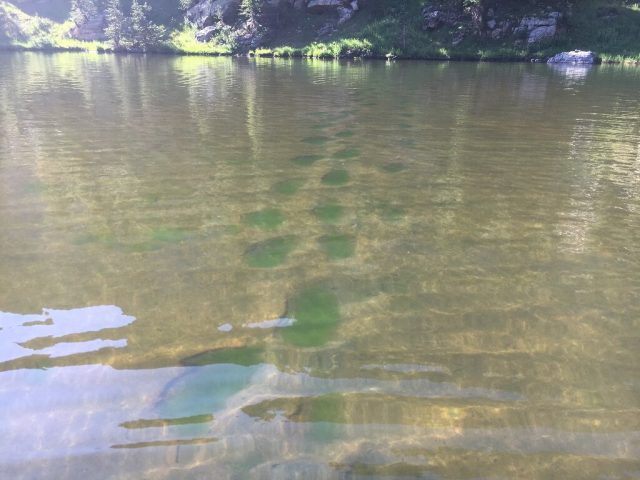The homes of wealthy Americans generate about 25% more greenhouse gases than residences in lower-income neighborhoods, mainly due to their larger size. In the nation's most affluent suburbs, those emissions can be as much as 15 times higher than...
In their zeal to promote the importance of climate change as an ecological driver, climate scientists increasingly are ignoring the profound role that indigenous peoples played in fire and vegetation dynamics, not only in the eastern United States but...
Climate change is starving polar bears into extinction, according to research published Monday that predicts the apex carnivores could all but disappear within the span of a human lifetime.
In some regions they are already caught in a vicious downward...
Over 360 scientists from 42 countries—led by the University of Göttingen and Westlake University China—call for transition of food production systems to agroecological principles.
Humans depend on farming for their very survival but this activity takes up more than one...
Scientists at Duke University are harnessing the power of big data and geospatial analysis to create new ways to track the effects of climate change on species and food webs. Their work, which is funded by the National Science...
Global emissions of methane have reached the highest levels on record. Increases are being driven primarily by growth of emissions from coal mining, oil and natural gas production, cattle and sheep ranching, and landfills.
Between 2000 and 2017, levels of...
Global warming is turning clear mountain lakes green in the western United States because of an increase in algae blooms "without historical precedent", researchers reported on Tuesday.
The concentration of algae in two remote mountain lakes more than doubled in the past...
Scientists at Stanford University have discovered a surprising shift in the Arctic Ocean. Exploding blooms of phytoplankton, the tiny algae at the base of a food web topped by whales and polar bears, have drastically altered the Arctic's ability...
The first comprehensive worldwide assessment of heatwaves down to regional levels has revealed that in nearly every part of the world heatwaves have been increasing in frequency and duration since the 1950s.
The research published in Nature Communications has also produced a...
Over the past 150 years, global warming has more than undone the global cooling that occurred over the past six millennia, according to a major study published June 30 in Nature Research's Scientific Data, "Holocene global mean surface temperature, a...
The amount and location of available terrestrial water is changing worldwide. An international research team led by ETH Zurich has now proved for the first time that human-induced climate change is responsible for the changes observed in available terrestrial...


















